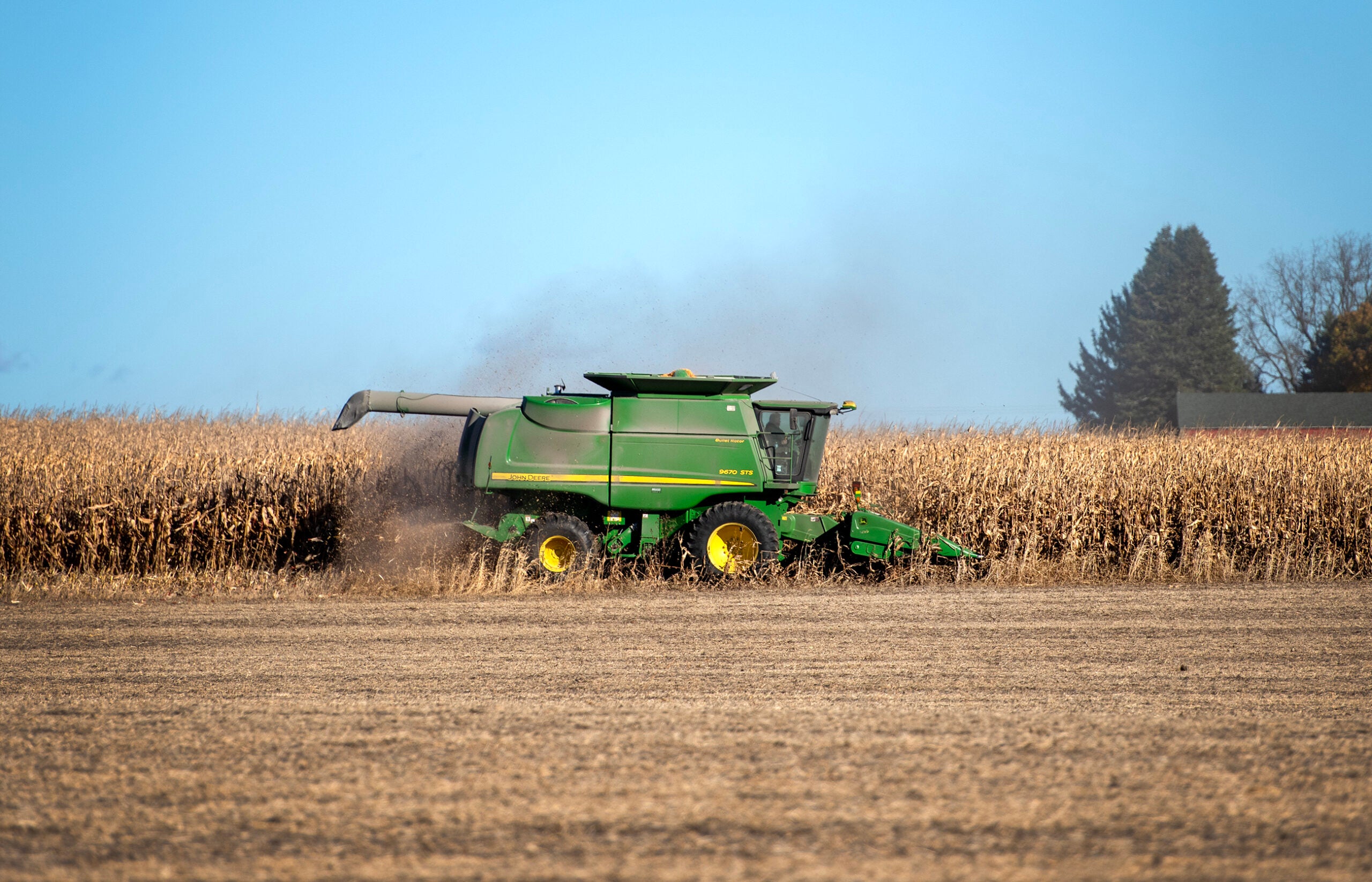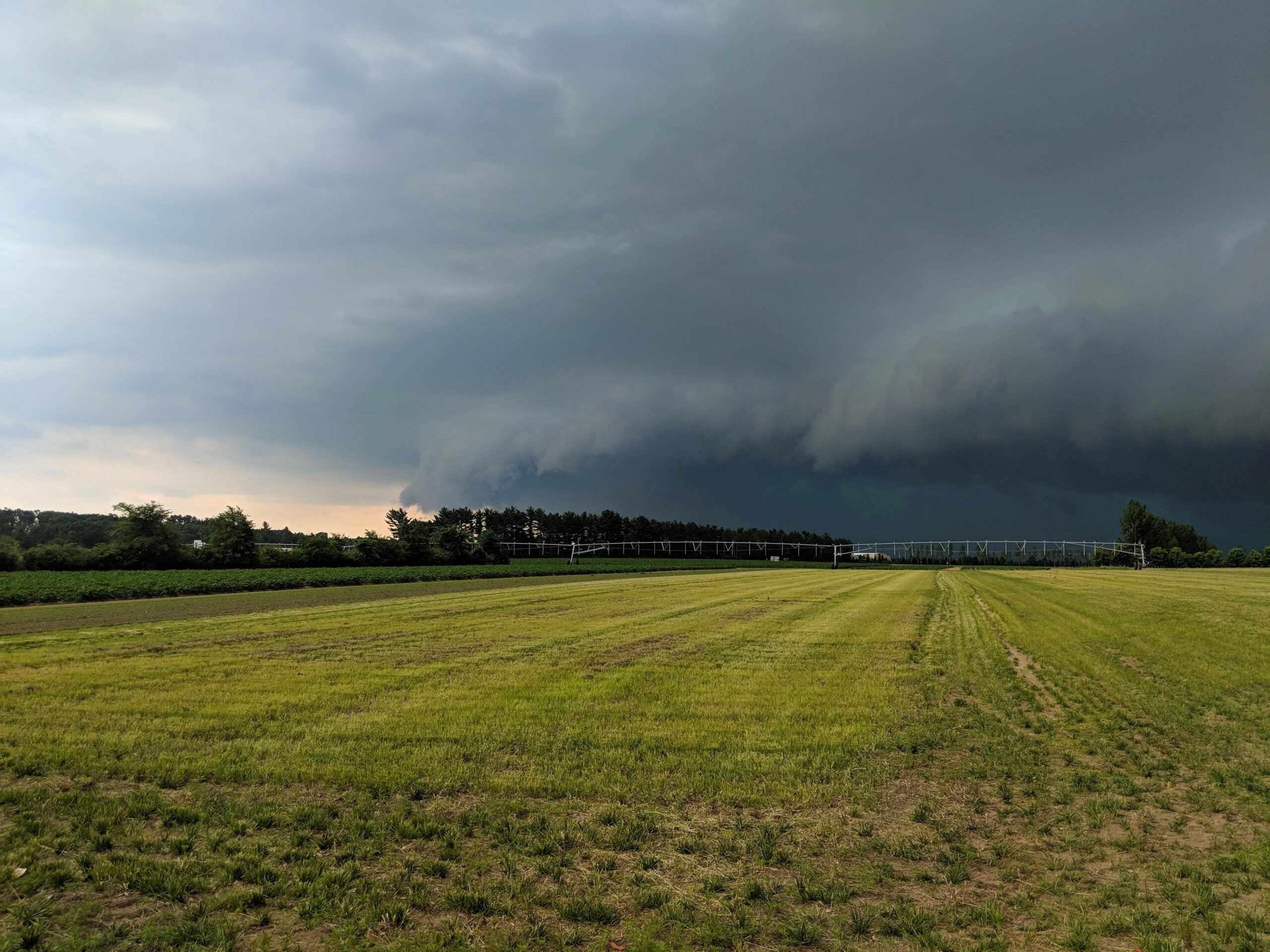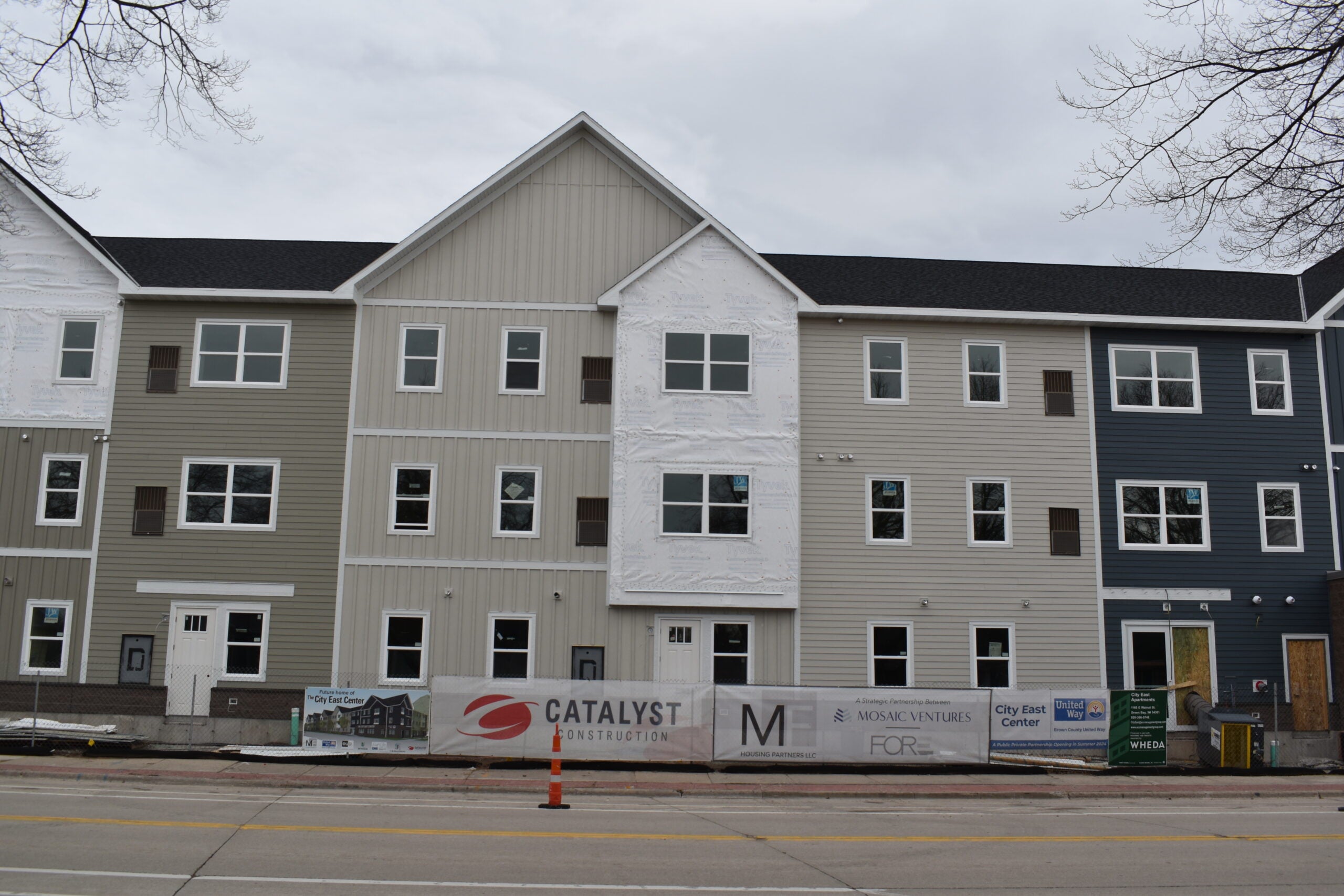New research has found that communities with more women-owned or -operated farms have higher rates of business creation, lower poverty rates and a longer average life expectancy.
University of Wisconsin-Madison professor Steven Deller is a co-author of the research first published in January. Deller and colleagues argue that the reduction in rural poverty is particularly important.
“Given the billions of federal dollars that have been spent on rural poverty reduction programs, any factor associated with ‘moving the needle’ on rural poverty is worth closer inspection,” the authors concluded.
Stay informed on the latest news
Sign up for WPR’s email newsletter.
Research looking into how women approach farming comes as the share of women-owned and -operated farms is growing. The number of farms operated by women in the United States nearly tripled from 1978 through 2007, according to the United States Department of Agriculture.
The USDA also finds that while more men are exiting farming than entering the industry, the trend is reversed with women — even as farmers overall have become more reliant on off-farm work and income to supplement their farms.
Research finds women approach farming differently
Sara Stelter raises cattle and grows vegetables like soybeans, sweet corn and green beans on her 800-acre farm in Wautoma. She didn’t grow up on a farm but took over one owned by her spouse’s family.
She told WPR’s “Wisconsin Today” that she has a different perspective than someone raised on a farm.
“Women tend to look at the larger picture to begin with. Frequently, we are the ones that are raising our kids. So we’re concerned about our schools,” Stelter said. “In general, I feel like the men tend to be more focused directly on their particular farm and what they’re doing and how they’re doing it, as opposed to also looking at a little bit of a larger picture.”
Recent rural sociological research supports this. A series of studies on women entrepreneurs finds that women business owners tend to have more holistic objectives beyond maximizing profit.
Olivia Telschow is the owner of Helene’s Hilltop Orchard in Merrill. She said she makes an effort to engage with her local community.
“Our farm is involved in our technical school culinary program (in Merrill) and … with the Agritourism Association as well,” Telschow said. “I like to sit back and listen to what the community is saying, and make sure that we’re able to fill those needs. If it’s something that we’ve been blessed with the ability to do, I need to make sure that we’re filling that need.”
Women farmers face unique barriers
Deller’s work adds to a growing understanding of how women business owners approach their businesses differently than men. Research from 2019 finds that women face additional barriers to entering farming and growing their operations, including limited access to capital, networking constraints and a lack of government support.
Telschow bought her parents’ orchard in 2015. She said the barriers she’s faced have been social in nature.
“People would ask to speak to my husband. I had a phone call last week, where (someone asked), ‘Can I talk to the man?’” she told WPR. “That’s not going to happen on this farm. I am the farmer, and if you don’t want to work with me, then we’re not going to work together.”
She said that while working on the orchard is the most rewarding thing she’s ever done, her job can force her to make tough decisions.
“I’ve missed graduations. I’ve missed classroom field trips,” Telschow explained. “I’ve had to make those hard choices.”





